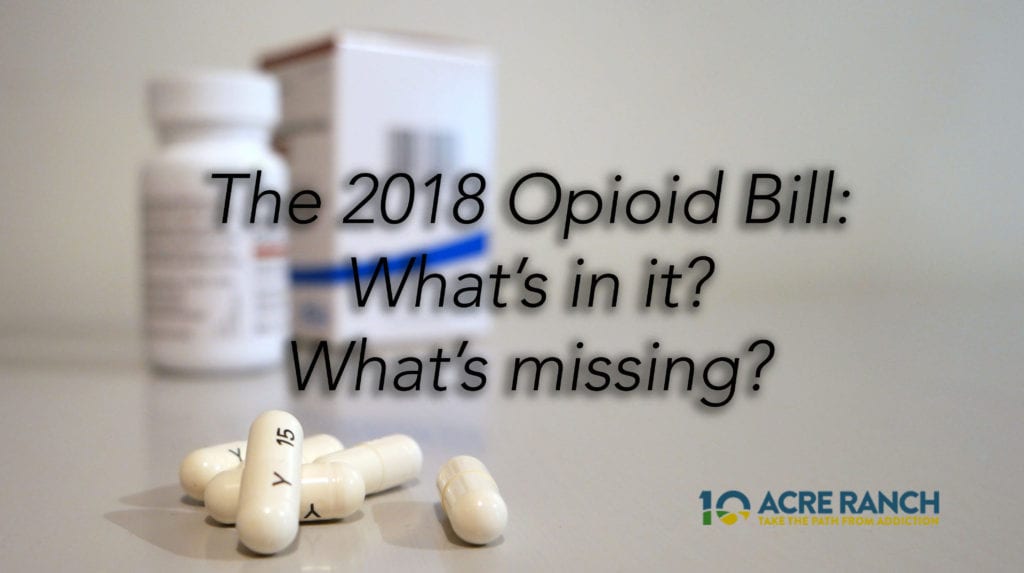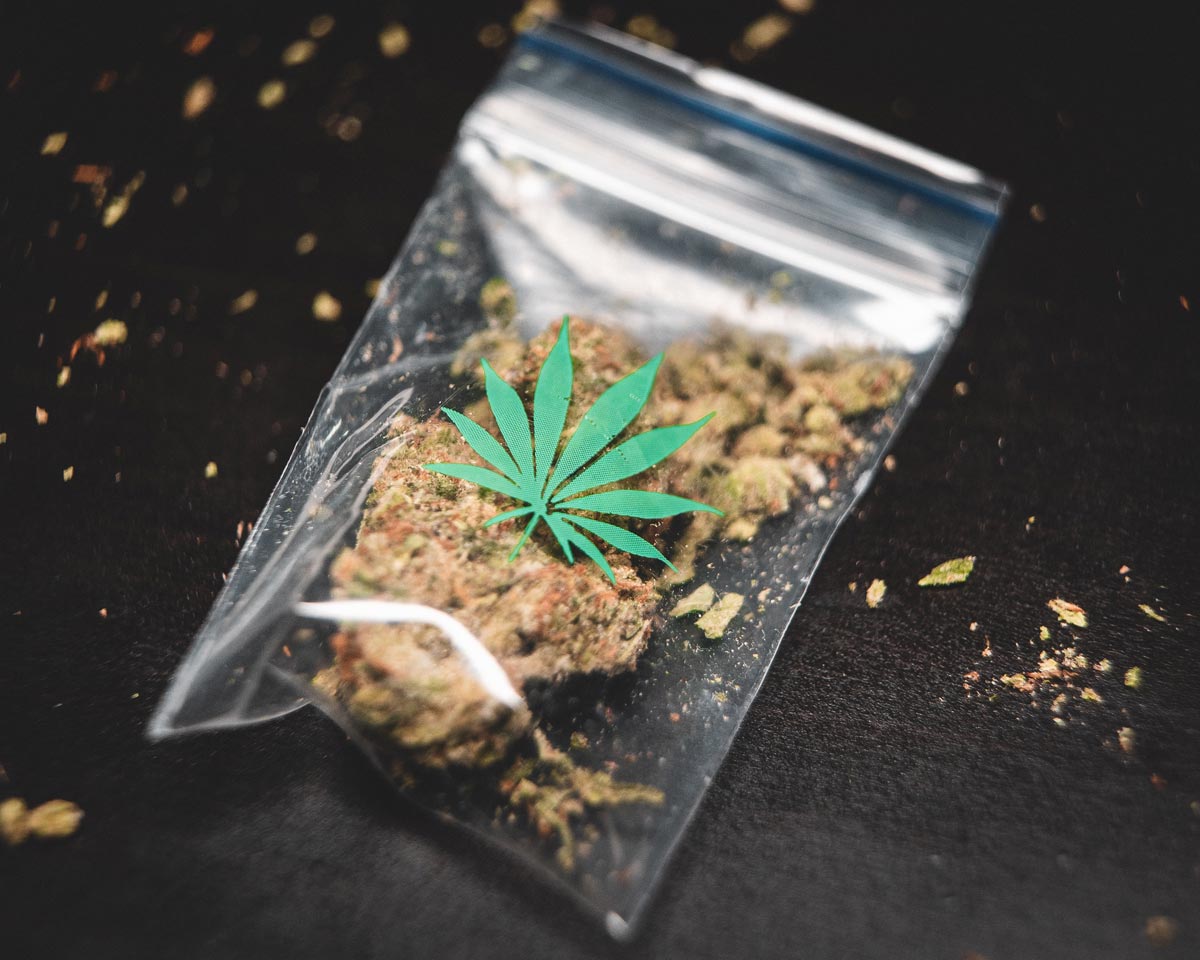this problem. Allowing Medicaid to help fund up to 30 days of inpatient rehab stays, including medication-assisted treatment (MAT) …
U-47700: China Bans Four Synthetic Drugs
to batches of heroin. In other cases, an even more deadly animal tranquilizer known as carfentanil is present in heroin. Over the …
Continue Reading about U-47700: China Bans Four Synthetic Drugs








